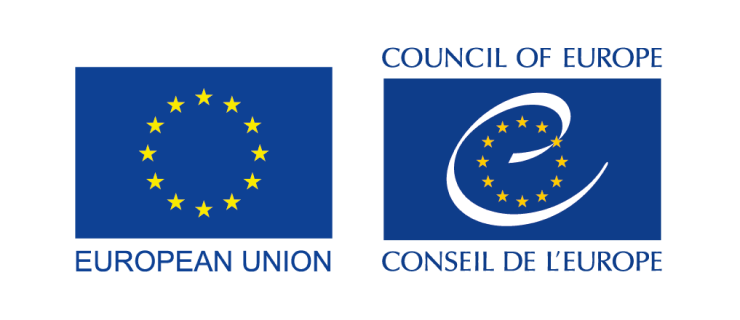International Organisation Resource
Recommendation CM/Rec(2022)5 - Passing on remembrance of the Holocaust and preventing crimes against humanity
Committee of Ministers of the Council of Europe • 2022
Levels and forms of education
Primary Education
Lower Secondary Education
Upper Secondary Education
Post Secondary Education
Tertiary Education
Museum Memorials and Exhibitions
Media
Resource type
Recommendations, Resolutions, Decisions
Historic approaches concerned
Cultural History
Economic History
Global History
Local History
Microhistory
Military History
Political History
Social History
Transnational History
Other Approaches
Historic period
No data
Countries or areas concerned
Central Europe, Eastern Europe, Southeastern Europe, Southern Europe, Western Europe, Northern Europe
Languages
English
Description
The Committee of Ministers of the Council of Europe adopted Recommendation CM/Rec(2022)5 on March 17, 2022, with the aim of passing on remembrance of the Holocaust and preventing crimes against humanity. This recommendation underscores the importance of teaching and preserving the memory of the Holocaust, along with the crimes committed by the Nazis, their accomplices, and collaborators. It acknowledges the Holocaust's unique and universal nature, emphasizing its role in fostering understanding and respect among different cultures. The document urges member states to honor their commitment to promoting education about these historical events, encourages interdisciplinary approaches to teaching, and seeks to counter disinformation and misinformation. It also highlights the potential for remembrance of the Holocaust to combat racism, anti-Semitism, xenophobia, and intolerance, thereby promoting democratic values and human rights. The recommendation stresses the need for responsible public debate, academic freedom, and the avoidance of historical distortions or attempts to limit discourse on historical matters to a single national narrative. It underscores the exceptional nature of the Holocaust while acknowledging its connections to other crimes against humanity. The document calls for an inclusive, interdisciplinary, and reflective approach to teaching the Holocaust, urging educators to avoid trivializing or removing it from its historical context. It also encourages pupils and students to reflect on their political responsibilities, promote democratic values, and become informed Internet users capable of distinguishing fact from misinformation. The recommendation highlights the importance of international cooperation, memorial site preservation, and actions to combat denialism, racism, and conspiracy theories, particularly on the internet. It urges governments to promote remembrance of the Holocaust in co-operation with religious leaders to prevent incitement to hatred or crimes against humanity. The document acknowledges the Council of Europe's commitment to remembrance of the Holocaust, development of a network of memorial sites, and promotion of an interdisciplinary approach, along with cooperation with various stakeholders and partners in this field. This recommendation aims to ensure that the memory of the Holocaust and crimes against humanity is passed on to future generations and that the lessons learned from these events contribute to a more inclusive, democratic, and tolerant society.
Keywords
Council of Europe
Committee of Ministers
History teaching
Holocaust
Crimes against Humanity
World War II
Second World War
Nazi Germany
